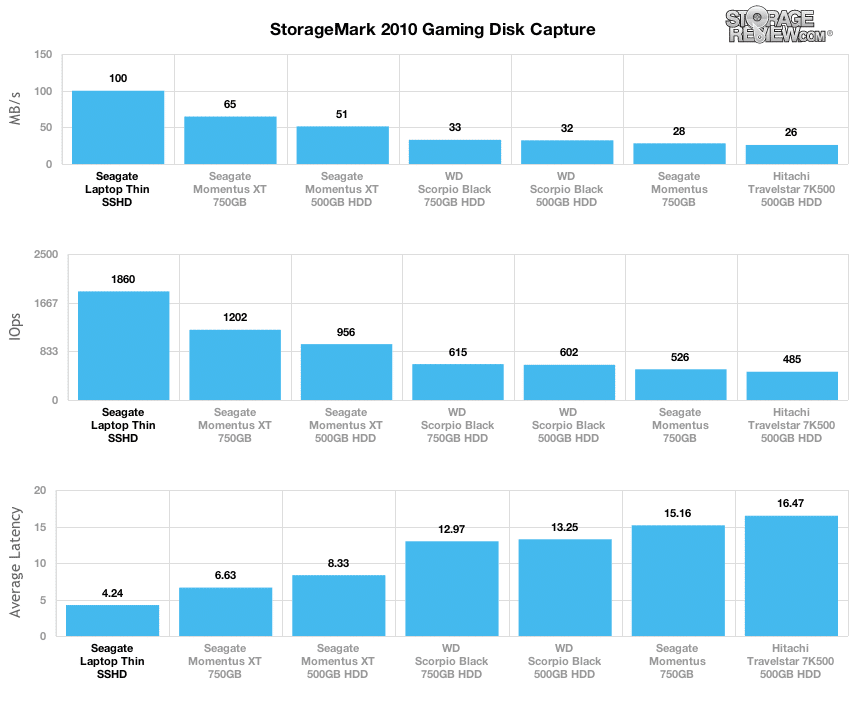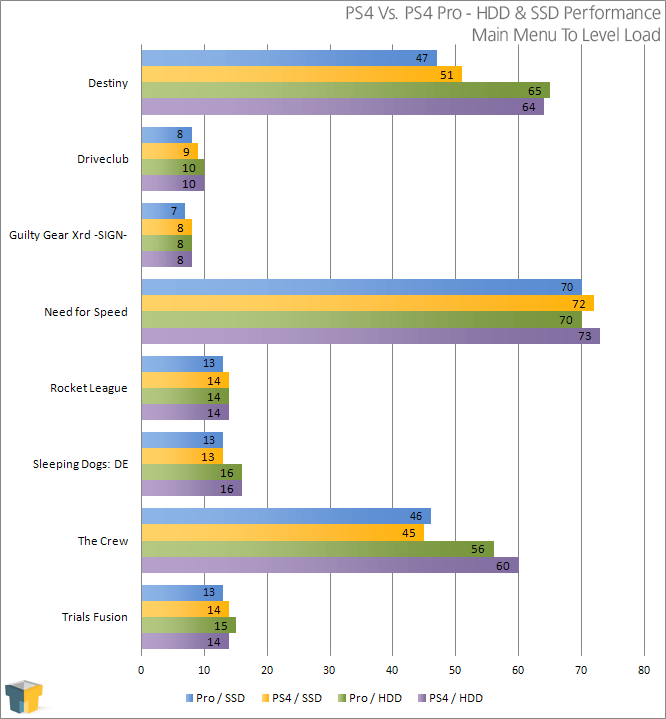

The rapid motion of the platters and heads inside the hard disk drive make it susceptible to “head crash”. Moving parts in an HDD increase the risk of mechanical failure. Unlike HDD drives, SSD disks do not have moving parts. SSDs have no read/write heads and thus no delays due to head motion (seeking). There is consistent read performance because the physical location of data is irrelevant. In an SSD, data transfer is not sequential it is random access so it is faster. Finally, the mechanical nature of hard disks also introduces certain performance limitations. The transfer rate can also be influenced by file system fragmentation and the layout of the files. The physical read/write head "seeks" an appropriate point in the hard drive to execute the operation. IOPs stand for Input/Output Operations Per Second


Read-and-write heads are positioned on top of the disks all this is encased in a metal cas HDD contains moving parts - a motor-driven spindle that holds one or more flat circular disks (called platters) coated with a thin layer of magnetic material.

SSD drive performance is not impacted by fragmentation. The performance of HDD drives worsens due to fragmentation therefore, they need to be periodically defragmented. Since no such rotation is needed in solid state drives, they use less power and do not generate heat or noise. Hard disk drives use more electricity to rotate the platters, generating heat and noise. SSD has lower latency, faster read/writes, and supports more IOPs (input output operations per second) compared to HDD. HDD has higher latency, longer read/write times, and supports fewer IOPs (input output operations per second) compared to SSD.


 0 kommentar(er)
0 kommentar(er)
